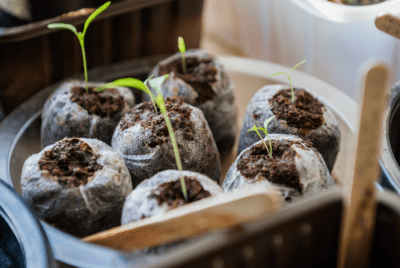RESEARCH
Social Connectedness as a Mediator for Horticultural Therapy’s Biological Effect on Community-Dwelling Older Adults: Secondary Analyses of a Randomized Controlled Trial
Summary
This study investigated the potential of horticultural therapy (HT) to address two key risk factors for dementia and depression: elevated inflammatory markers and lack of social connectedness. The research, a secondary analysis of a randomized controlled trial, focused on 59 older adults (average age 67, 78% women) split into an HT group and a waitlist control group.
The findings revealed a significant link between social connectedness and reduced levels of the inflammatory marker IL-6. Importantly, improved social connectedness at 3 months mediated the effects of HT on IL-6 levels at 6 months. This suggests that HT’s biological benefits may be largely attributed to enhanced social connections. These results underscore the importance of social connectedness in HT interventions, and provide valuable insights for healthcare professionals, suggesting that fostering social connections should be a key consideration when implementing horticultural therapy programs







